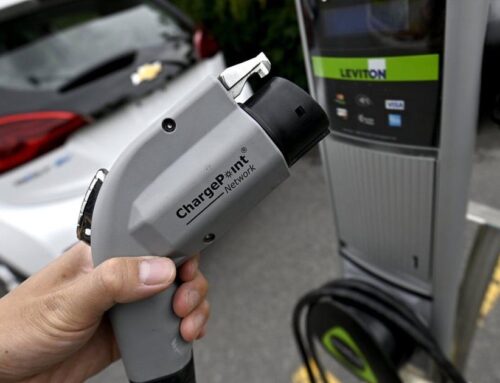Africa’s Energy Sector: A Transformative Shift with Growing Investments in Renewables
December 29, 2024
Africa’s energy landscape is undergoing a significant transformation, fueled by increasing investments in both fossil fuels and renewable energy sources, signaling a promising shift in the continent’s energy mix.
Fossil Fuel Prospects
The oil and gas industry in Africa is seeing remarkable growth, with several major discoveries in 2024. In January, the Mopane-1X well in Namibia revealed light oil, following an exploration by Portuguese multinational Galp, Namibia’s National Petroleum Corporation (NAMCOR), and Custos. A further appraisal by Galp indicated the potential for a 10 billion barrel oil reserve. Shell also marked a milestone with its fifth oil find in Namibia’s Orange Basin, confirming oil deposits at the offshore Enigma-1X well.
Italy’s Eni made significant strides offshore Ivory Coast in March with the discovery of light oil, gas, and condensates in Block CI-205. In May, BW Energy and Panoro found oil at the DHBSM-2P well offshore Gabon, holding an estimated 5 to 6 million barrels of recoverable oil. Meanwhile, Chevron reported a significant near-field oil discovery in Nigeria’s Western Niger Delta, with a production potential of up to 17,000 barrels per day.
Despite a global trend toward renewable energy, fossil fuels continue to dominate Africa’s power generation, contributing to around two-thirds of annual energy needs. While new coal and gas-fired plants have declined by more than 70% over the past five years, Africa’s energy demand continues to be met largely by these traditional sources.
Renewable Energy Surge
On the other hand, renewable energy in Africa is expanding rapidly, with the African Union setting an ambitious target of 300 GW of renewable capacity by 2030, a significant increase from the 72 GW expected by 2024. Investment in renewables reached a record $15 billion in 2023, a marked increase from the previous year, indicating a shift toward greener alternatives.
Countries such as South Africa, Egypt, Morocco, and Kenya are leading the way in the development of wind, solar, and geothermal projects. South Africa’s growing solar industry has played a crucial role in alleviating energy crises, providing a stable solution to the country’s persistent power shortages.
However, while these nations lead in renewable energy, much of the continent still lags behind. The need for increased investments in renewable energy across other African countries remains critical to achieving the African Union’s 2030 targets.
Regional and Global Funding Support
In 2024, the momentum for Africa’s energy transition was bolstered by new funding initiatives. South Africa’s Presidential Climate Commission launched the Just Energy Transition (JET) Investment Plan, seeking $98.7 billion between 2023 and 2027 to support the country’s clean energy projects, including electric vehicles, green hydrogen, and expanded electricity capacity.
Senegal joined the renewable energy movement, securing $2.7 billion in funding from the International Partners Group (IPG), comprising France, Germany, the EU, the U.K., and Canada, through a JETP agreement to transition to a low-carbon economy.
At COP29 in Azerbaijan, an agreement was reached to triple climate finance for developing nations, with a goal of raising $300 billion annually by 2035. However, despite the pledge, many experts and climate advocates argue that the funding is still insufficient to address the vast energy needs and climate challenges faced by African nations.
Future Outlook
Africa’s energy industry is evolving rapidly, with fossil fuel discoveries and a growing renewable energy sector driving this transformation. While fossil fuels remain a dominant source of energy across the continent, the push for renewables is gaining momentum, aided by increasing public and private investments. Yet, disparities in energy development among African countries persist, underscoring the need for greater investment in less developed regions to ensure long-term energy security and a balanced energy transition for the continent.
Search
RECENT PRESS RELEASES
Related Post






